Sustainable Development Goals
The United Nations Sustainable Development Goals (UN SDGs) are a global initiative to address humanity's most urgent challenges.
Launched in September 2015, the SDGs lay out a bold vision for tackling critical economic, social, and environmental issues by 2030. These 17 goals provide a blueprint for collaboration among nations, organisations, and individuals to create a fairer, more prosperous, and sustainable world.
In recent years, the SDGs have also become a key tool for reporting progress toward sustainability. Since 2019, the Times Higher Education Impact Rankings have encouraged universities to highlight their contributions to the SDGs, underscoring the role of research in achieving global goals. Learn more about the SDGs and the 2030 agenda here.
SDGs at Flinders
Flinders University has aligned its own Sustainability Strategy with the UN’s SDG framework. Through ResearchNow, we highlight how our research contributes to these global goals. Research outputs harvested from Scopus are tagged with relevant SDGs, which are displayed on both outputs and individual researcher profiles. Each College also has a consolidated view of its SDG-aligned research on the Research @ Flinders public portal.
How it works
Since early 2022, Scopus has used algorithms to automatically assign SDGs to research outputs based on keywords in titles, abstracts, and content. In late 2023, Flinders University enabled functionality to bring this data into ResearchNow.
When a research output is claimed through Scopus, any associated SDGs are automatically applied to the output in ResearchNow. These SDGs are visible on both the output and the researcher’s Research @ Flinders public profile.
Benefits of Aligning Research with SDGs
Showcasing Real-World Impact:
- Address global challenges with research contributions.
- Support policymakers, governments, and organisations with evidence-based solutions.
Fostering Collaboration:
- Leverage the interdisciplinary nature of SDGs to collaborate across fields.
- Build international partnerships through shared SDG-aligned goals.
Accessing New Funding Opportunities:
- Aligning with SDGs may open doors to alternative funding from agencies prioritising sustainability-focused research.
Enhancing Visibility and Recognition:
- Gain attention from academic and public audiences.
- Increase opportunities to present at conferences, collaborate with experts, and publish in high-impact journals.
- Utilise SDGs as a framework to measure and communicate research impact.
What are the 17 SDGs?
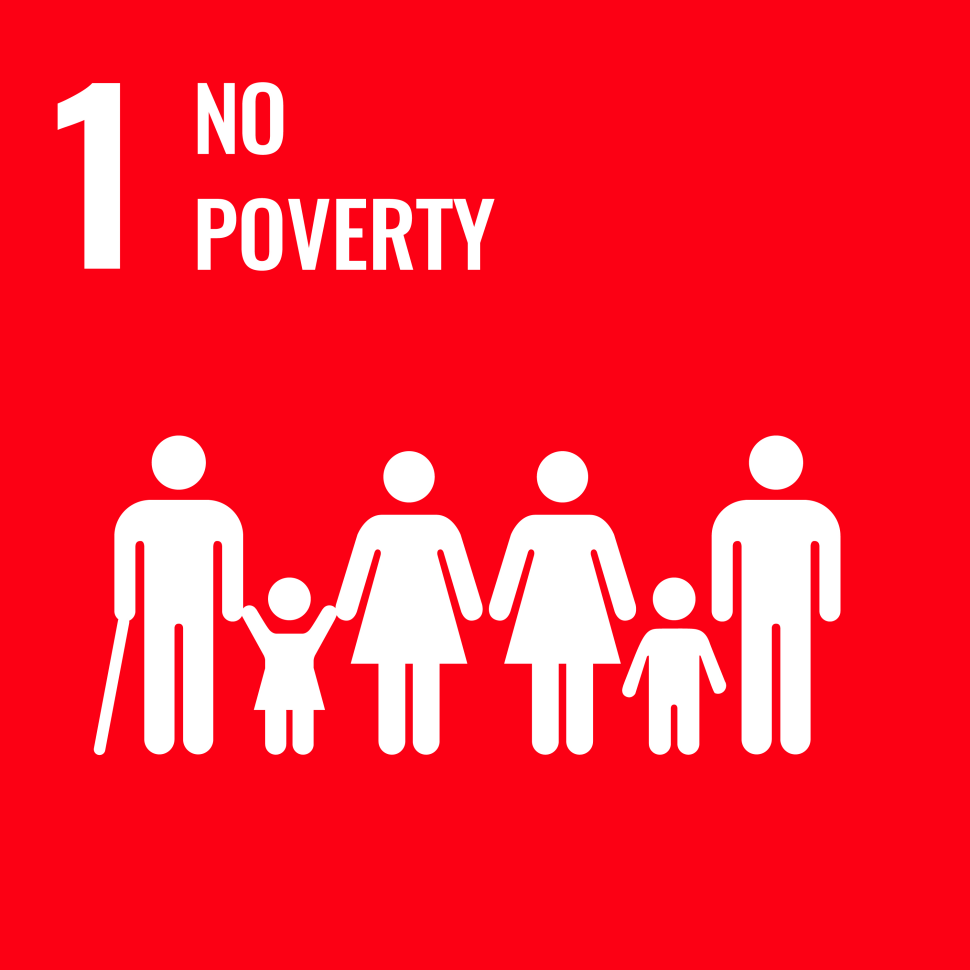
To end poverty in all its forms everywhere by 2030
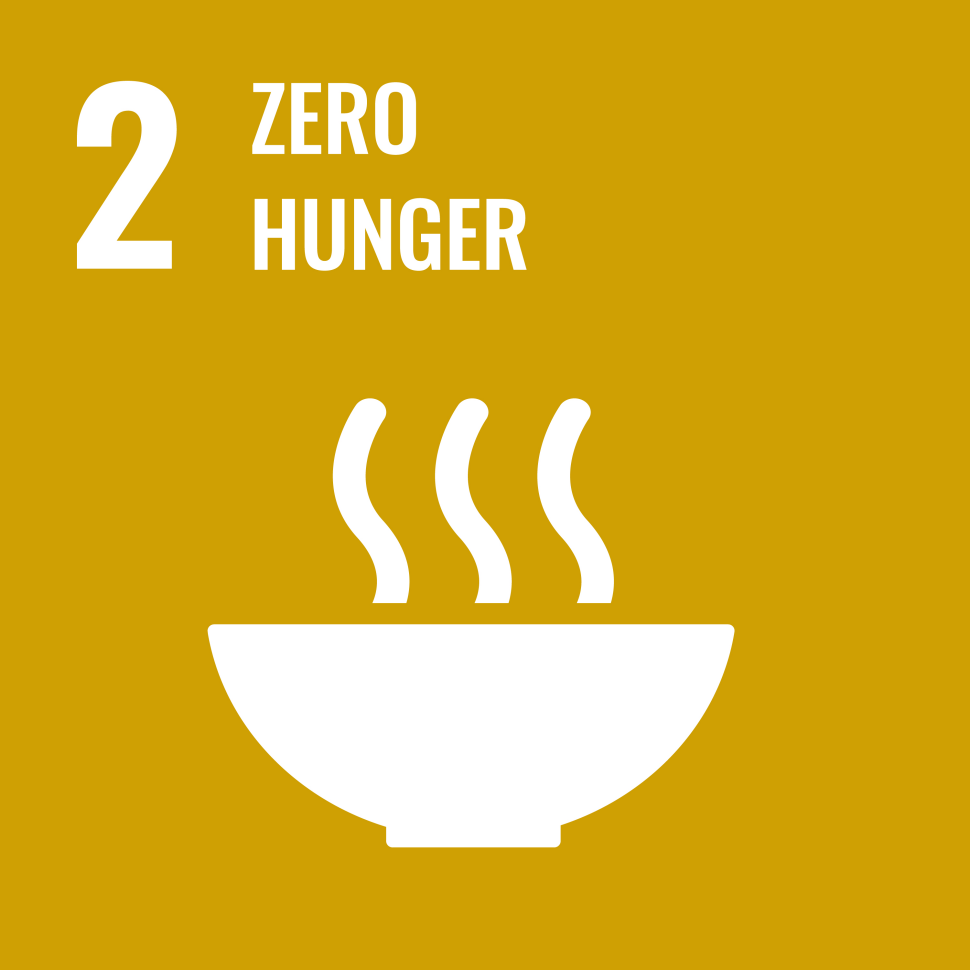
To end hunger, achieve food security and improved nutrition, and promote sustainable agriculture
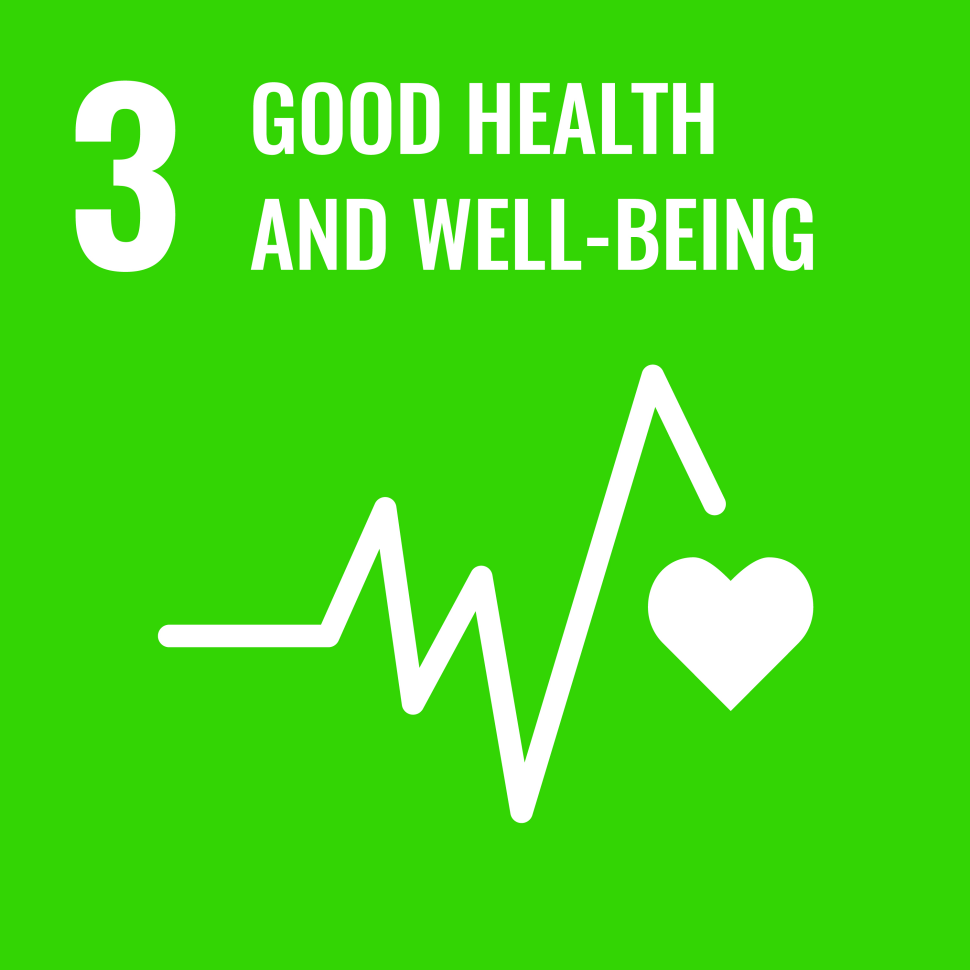
To ensure healthy lives and promote well-being for all at all ages
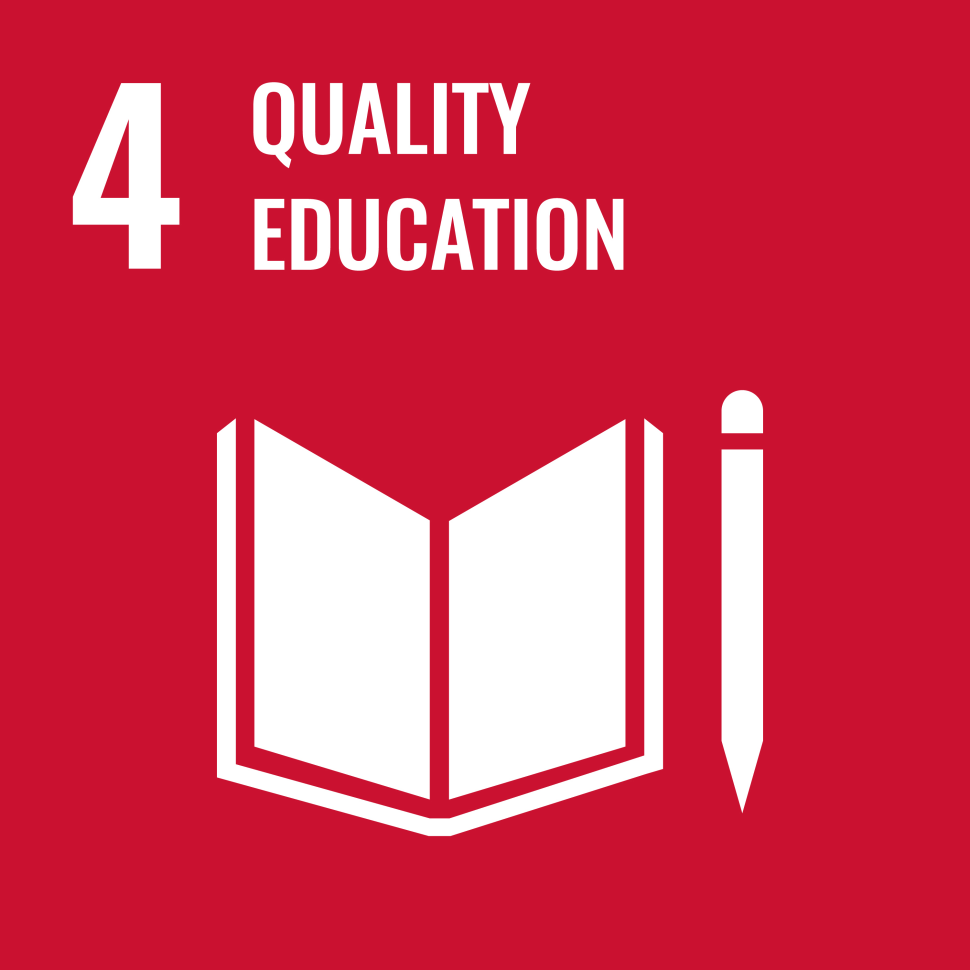
To ensure inclusive and quality education for all and promote lifelong learning
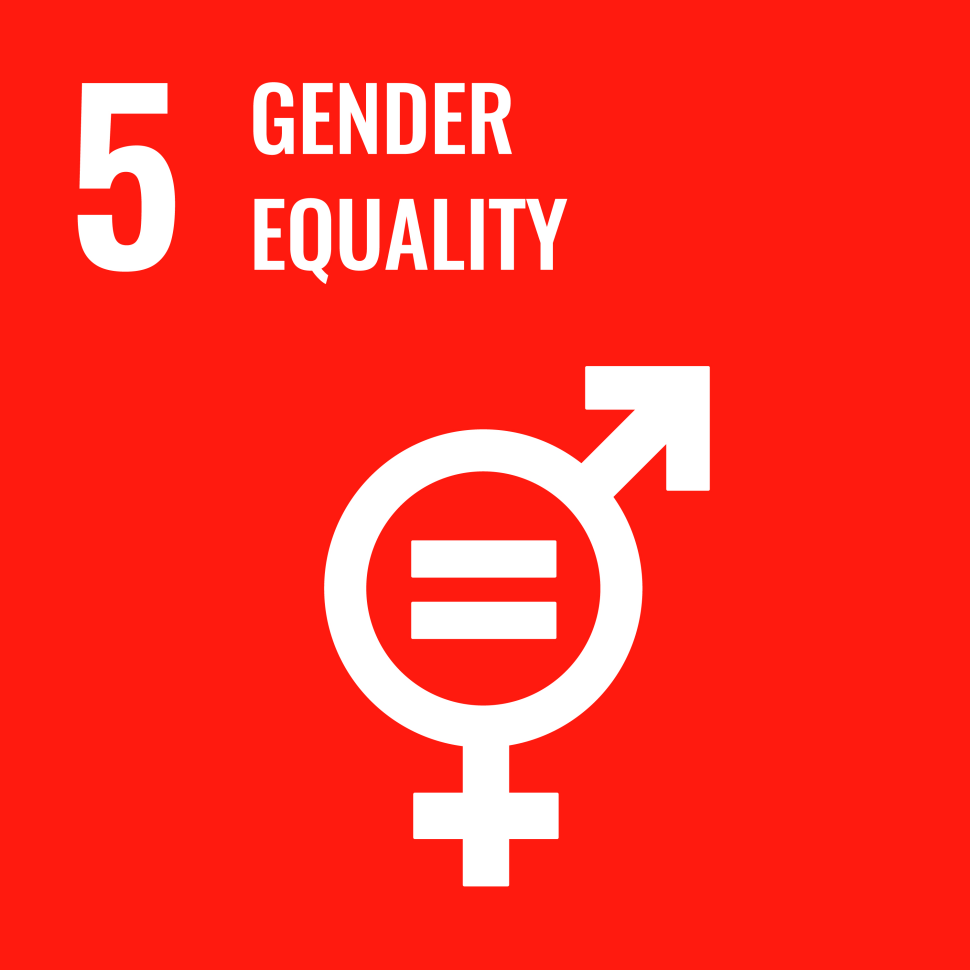
To achieve gender equality and empower all women and girls
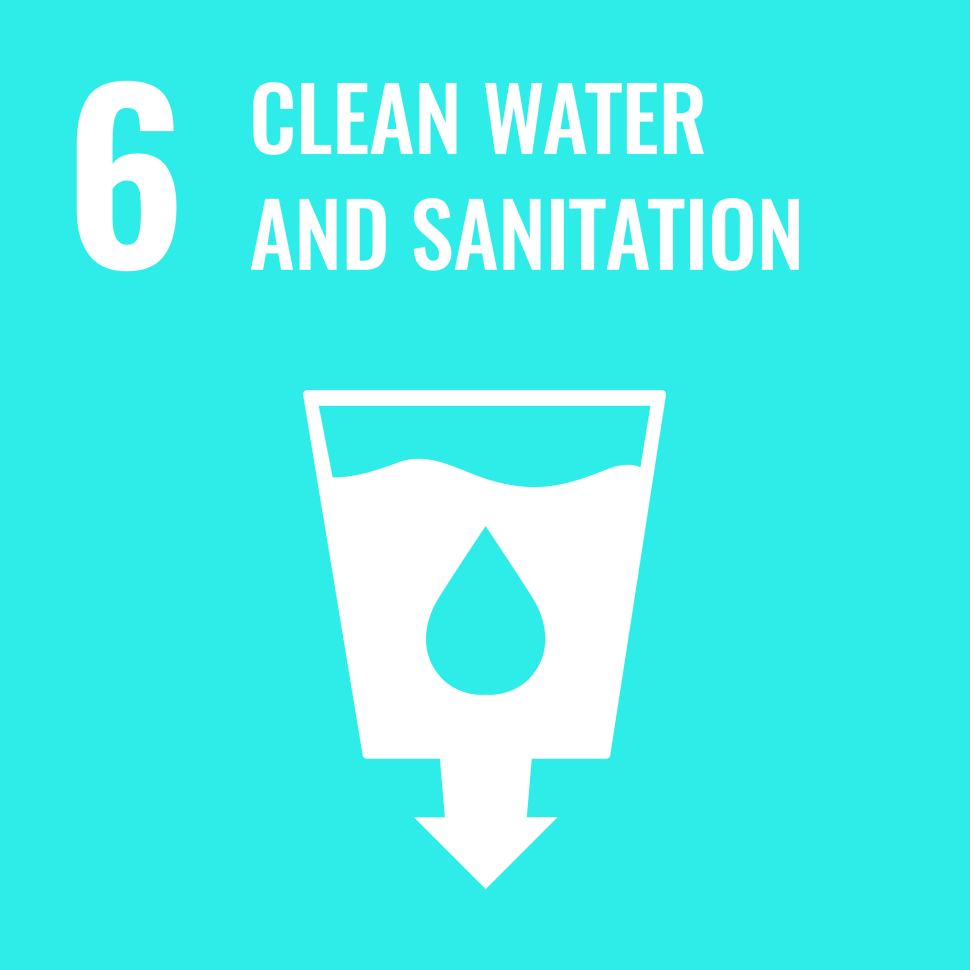
To ensure access to safe water sources and sanitation for all
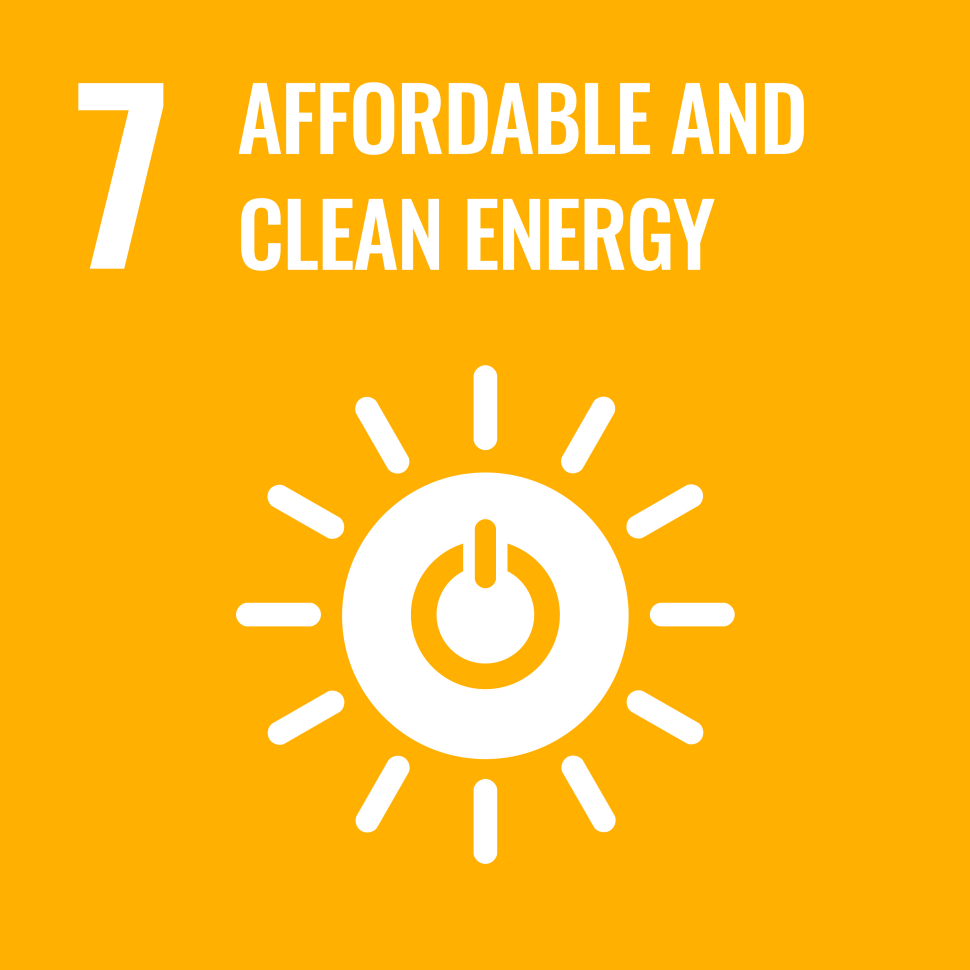
To ensure access to affordable and sustainable energy for all
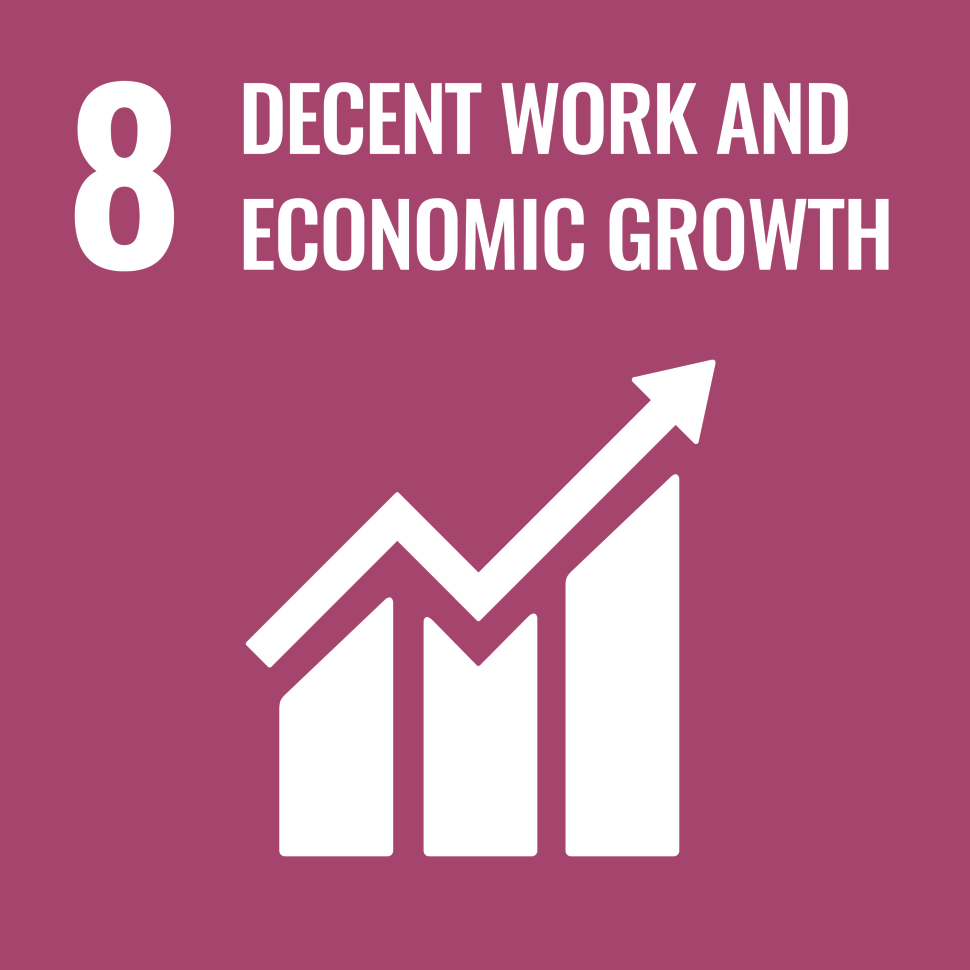
To promote inclusive and sustainable economic growth, employment and decent work for all
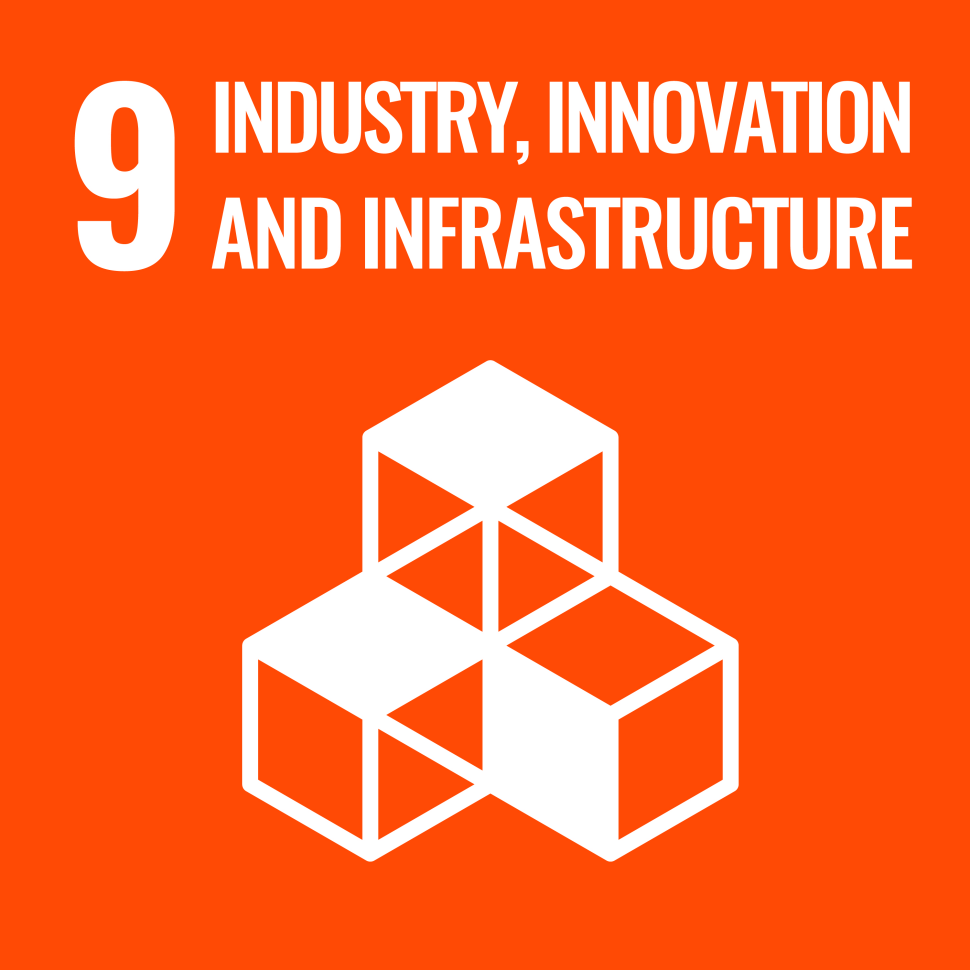
To build resilient infrastructure, promote inclusive and sustainable industrialization, and foster innovation
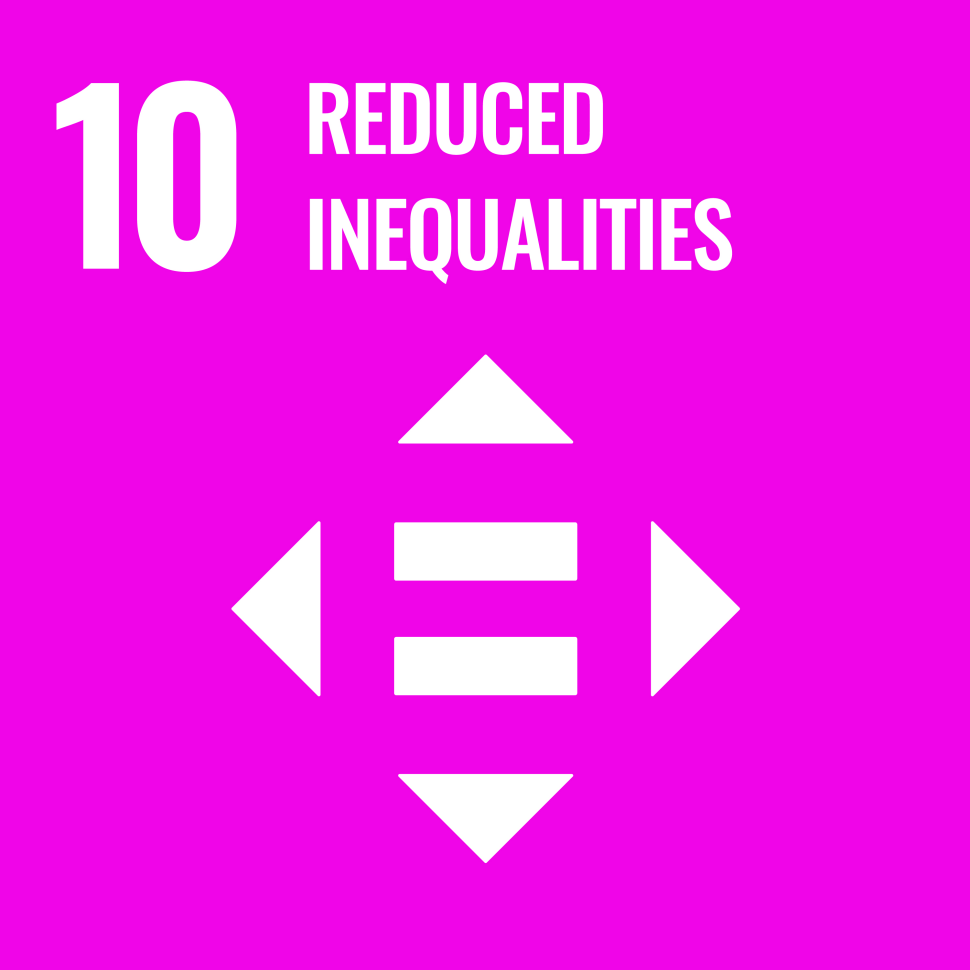
To reduce inequalities within and among countries
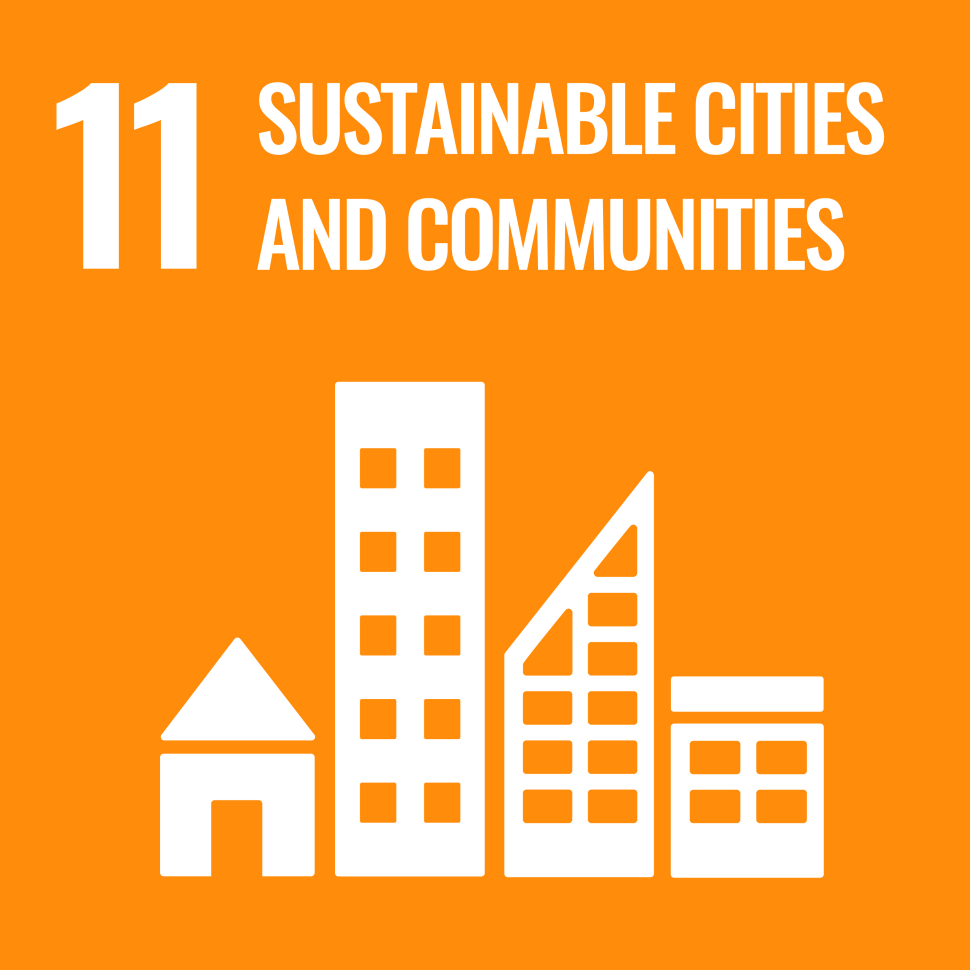
To make cities inclusive, safe, resilient and sustainable
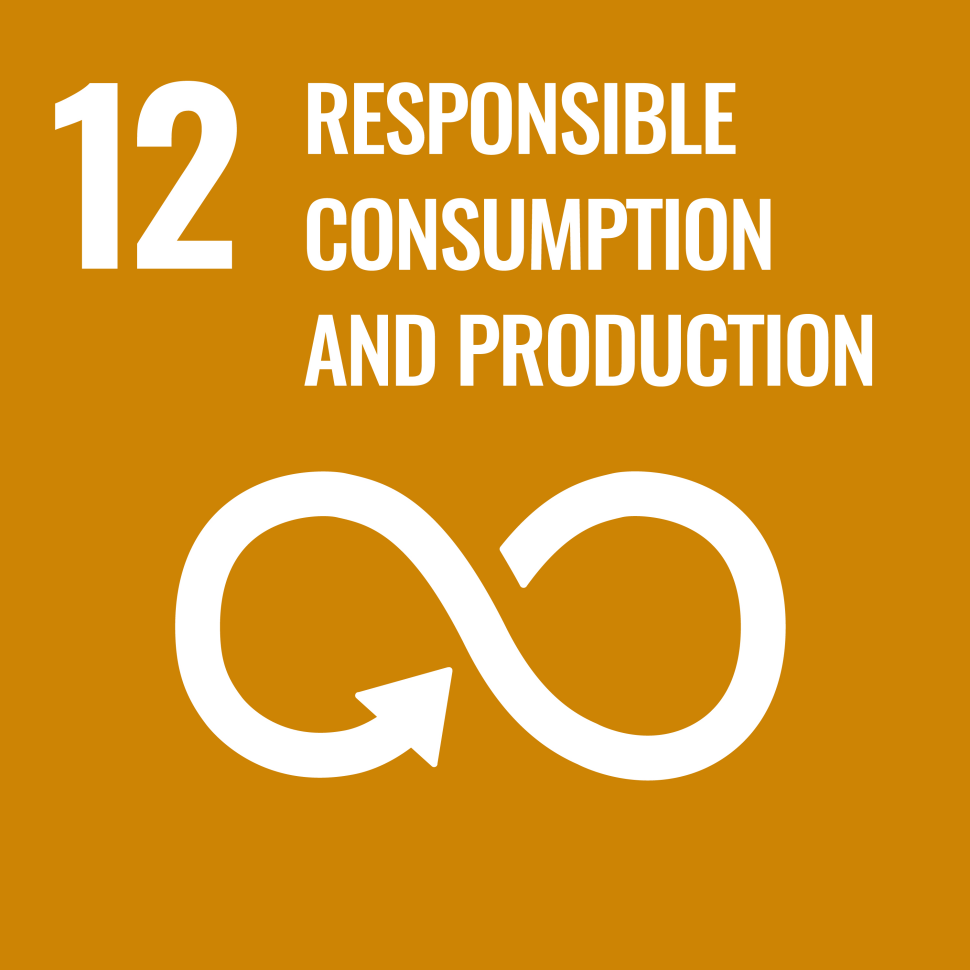
To ensure sustainable consumption and production patterns
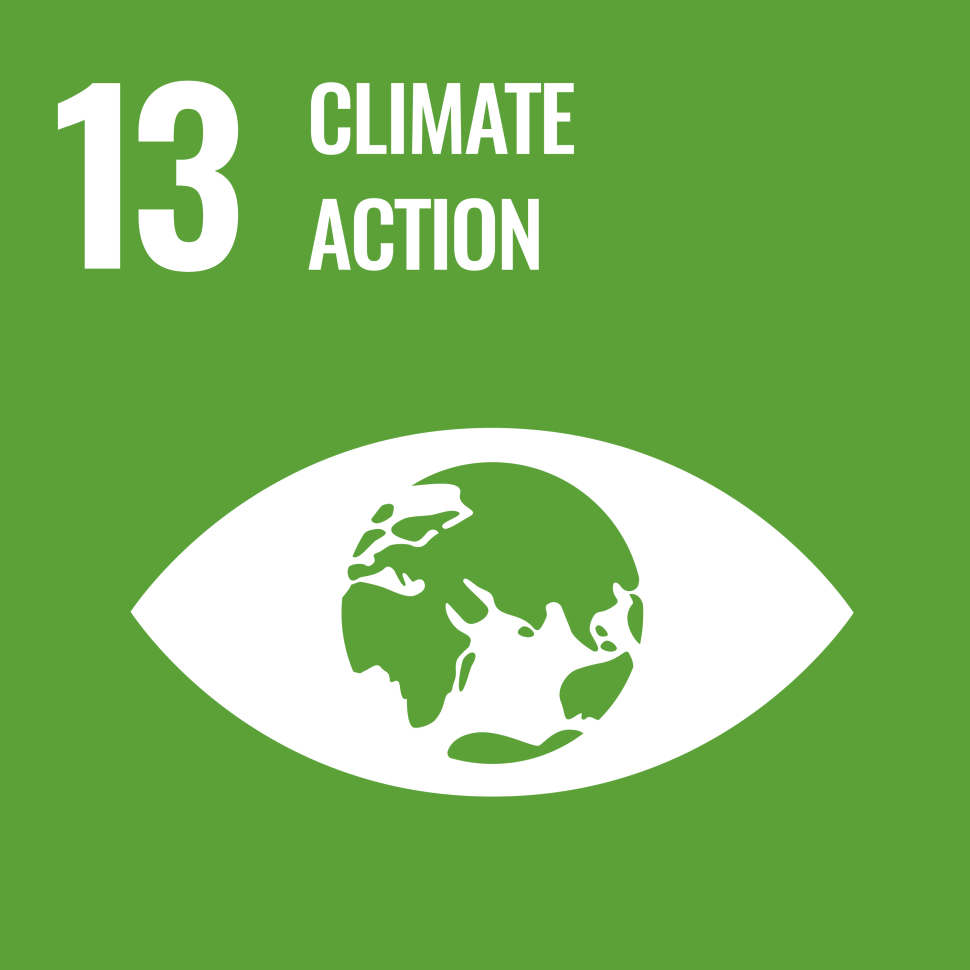
To take urgent action to tackle climate change and its impact
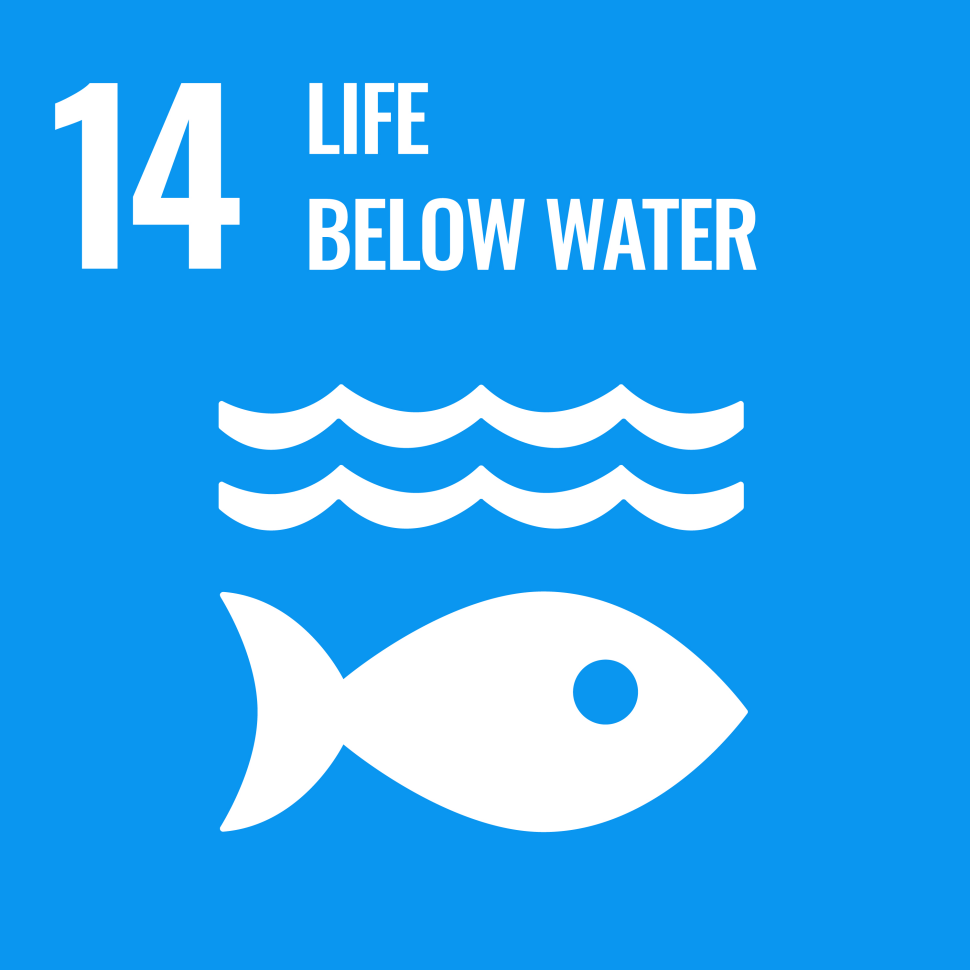
To conserve and sustainably use the world's oceans, seas and marine resources
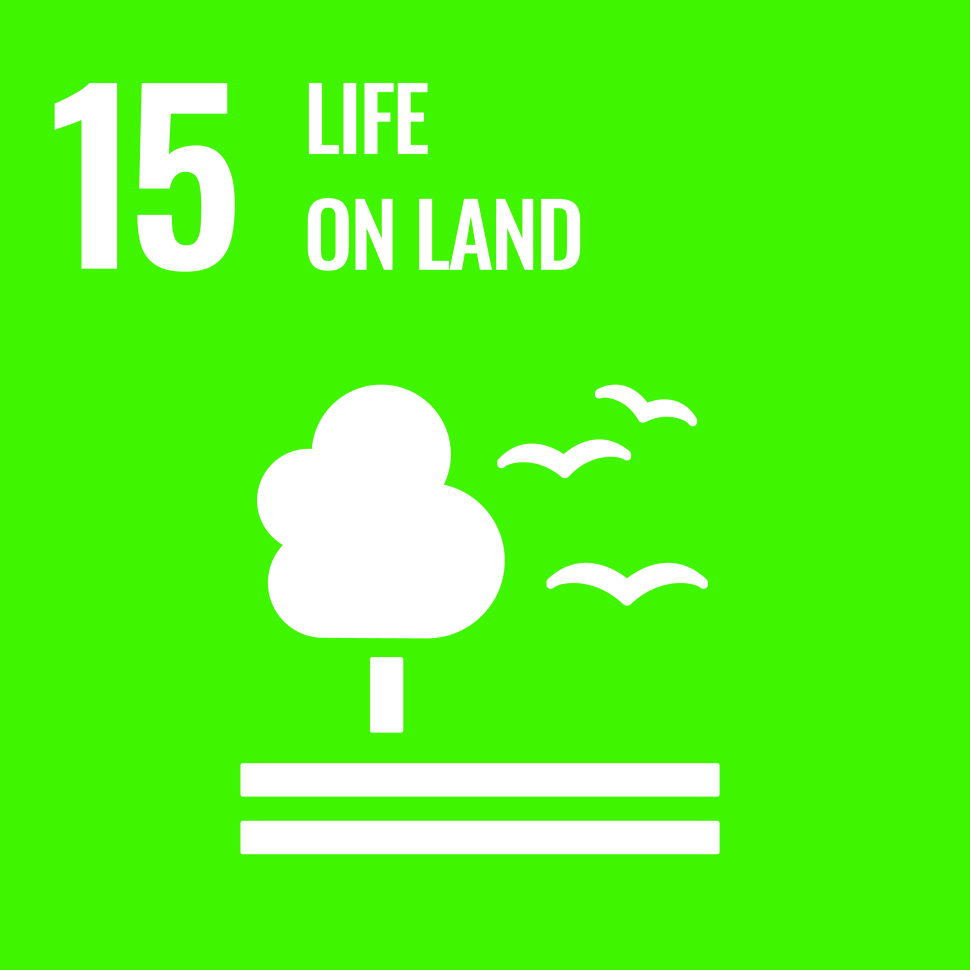
To sustainably manage forests, combat desertification, halt and reverse land degradation, and halt biodiversity loss
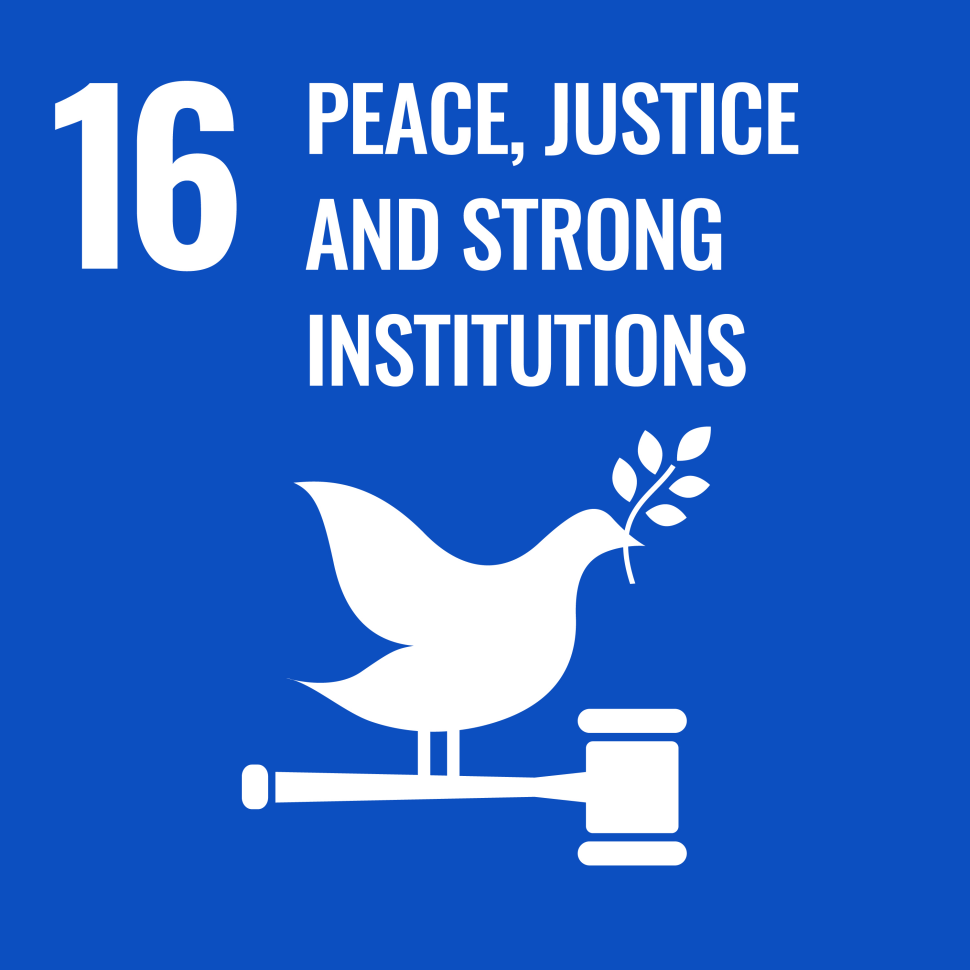
To promote peaceful and inclusive societies, provide access to justice for all, and build effective, accountable and inclusive institutions at all levels
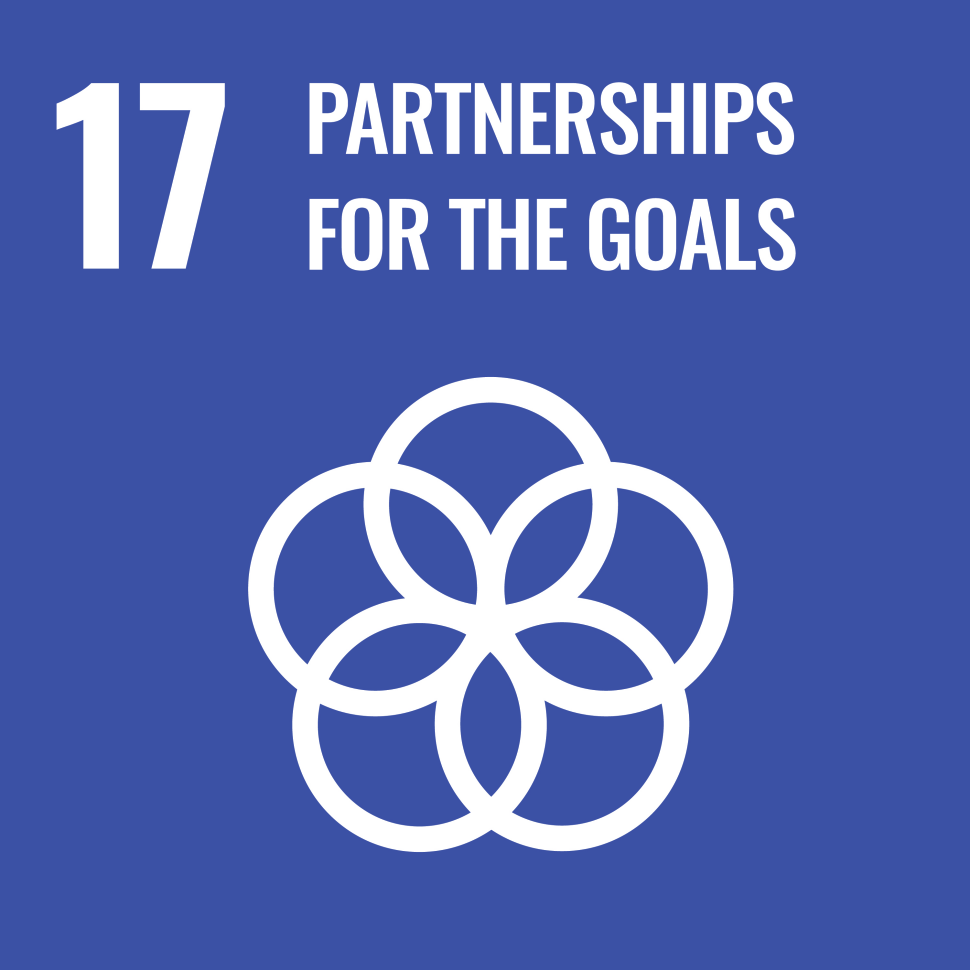
To revitalize the global partnership for sustainable development
Frequently asked questions
Publications imported from Scopus into ResearchNow will display SDGs assigned by Scopus. Scopus uses text-mining algorithms to tag publications with relevant SDGs by analysing content such as the title, abstract, keywords, and sometimes even the full text. This process identifies keywords, themes, and phrases that align with specific SDGs, linking research across various fields to both direct and indirect SDG contributions. Once an output is claimed, validated, and published on the Research @Flinders portal, the associated SDG(s) are displayed alongside the publication, reflecting how your research is categorised in the broader academic community. Starting in early 2025, SDGs will also be shown on researcher profiles, as well as College, Research Centre, or Institute pages, with options for further curation.
Instructions on how to curate SDGs on your public Research@Flinders can be found here.
SDGs assigned through Scopus algorithms cannot be altered within ResearchNow. However, if you have concerns about an assigned SDG, submit a ServiceOne request to the Library for assistance. Researchers can also attend the Your Research and the UN's Sustainable Development Goals course. This course provides guidance on improving abstracts to help Scopus algorithms assign the most relevant SDGs.
For consistency, we discourage manually assigning SDGs to outputs, as this could conflict with industry-wide classifications. Curation of SDGs is best done within your own personal profile.
SciVal is an analytical benchmarking tool that represents the external Scopus data source. In SciVal, SDGs are identified using a similar method to Scopus, involving automated text-mining algorithms. These algorithms analyse the content of research outputs, including titles, abstracts, keywords, and other metadata, to identify themes, keywords, and phrases that align with specific SDGs.
SciVal provides users with the ability to explore and assess research activity in relation to the SDGs, offering insights into which areas of research are contributing to sustainable development. This data is used in the Times Higher Education (THE) rankings. In SciVal there are 3 sets of SDGs:
- one set created using the search queries for the 2020 Times Higher Education (THE) Impact Rankings - these are static and no longer receiving new publications
- one set using the queries and machine learning component used in the 2022 THE Impact Rankings
- one set using the queries and machine learning component used in the 2023 THE Impact Rankings
SciVal have worked with a set of university partners to improve the mappings, with their input used to create and improve the 2022 and 2023 search queries. See detailed FAQs here.
![]()
Sturt Rd, Bedford Park
South Australia 5042
CRICOS Provider: 00114A TEQSA Provider ID: PRV12097 TEQSA category: Australian University





